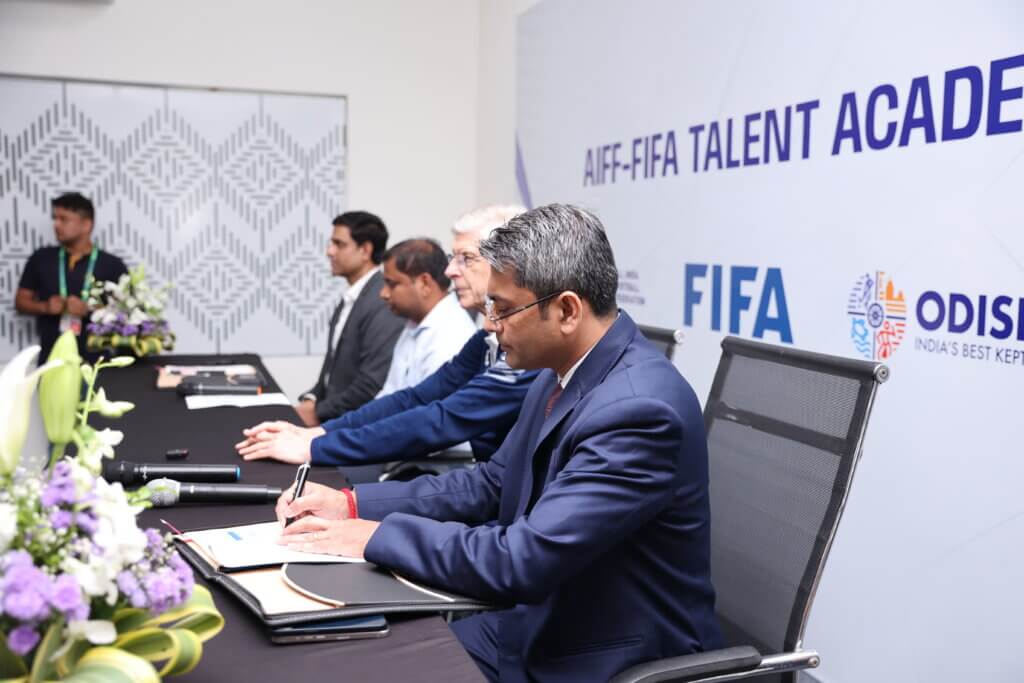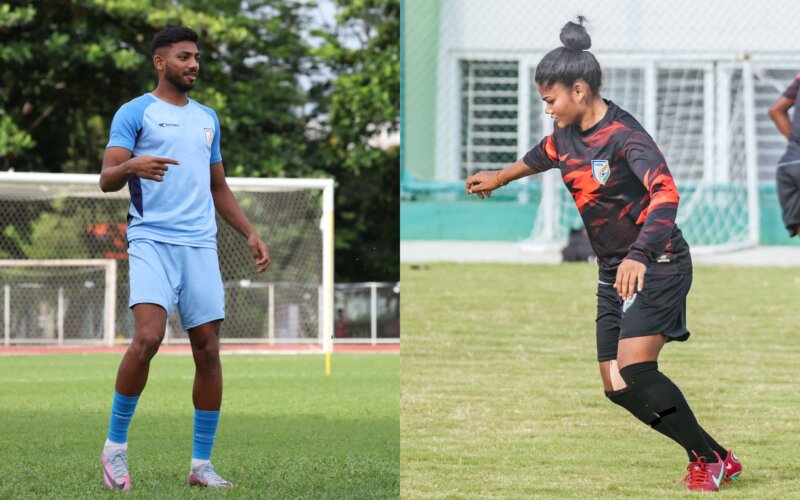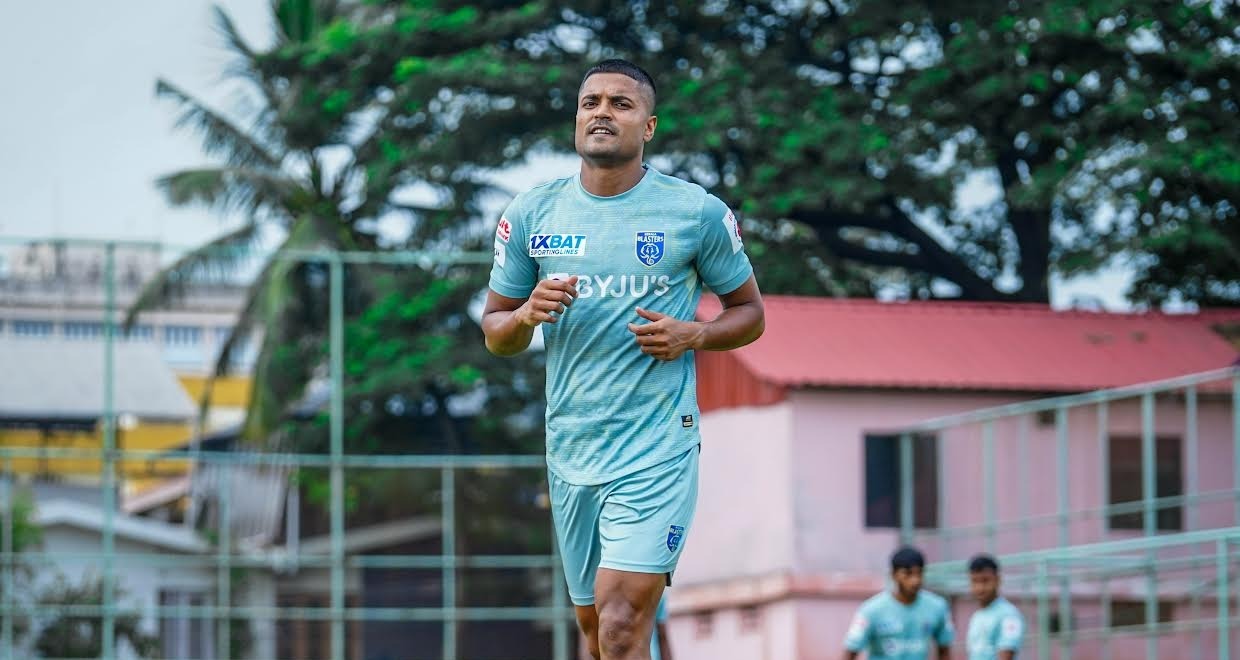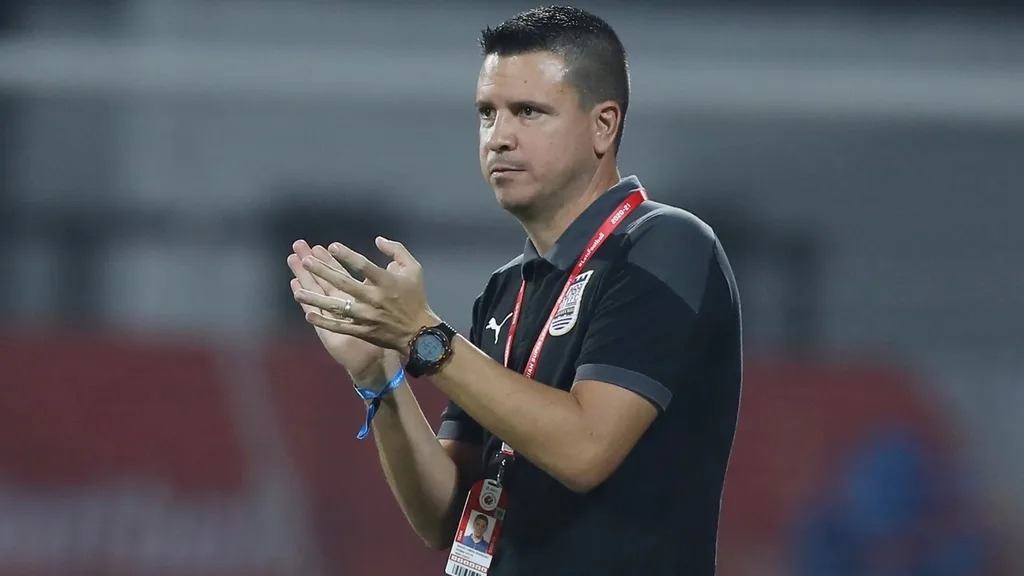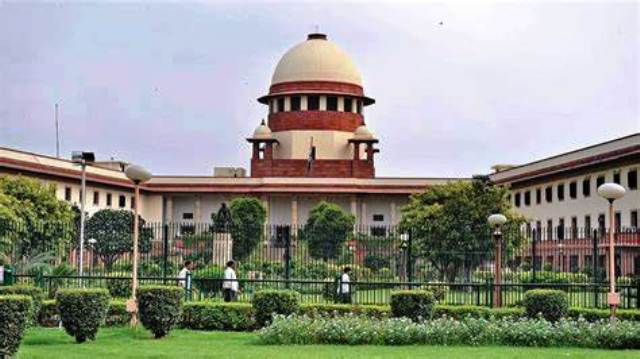NEW DELHI: AIFF President Mr Kalyan Chaubey and Secretary General Dr Shaji Prabhakaran’s meeting with legendary coach and FIFA Chief of Global Football Development, Mr Arsène Wenger, in Australia last month to finalise the setting-up of a central academy in India was the beginning of what is set to be a significant association between FIFA and the AIFF.
Mr Wenger, who is expected to visit India in October, opened up on the inspiration for working with the AIFF on such a talent development project. “I would say that football is the most popular sport in the world and it looks logical that one of the biggest countries in the world has access to football development. I’d say that India is a sporting country, and I’m hopeful that we can bring great joy to children in India and have fun by playing football.
“I’m confident because I believe that success is linked to education. We want to give the opportunity to educate young people to watch football in India,” he said.
According to Mr Wenger, there’s a simple two-step process of developing academies in India. “Overall, it’s based on two things. First, it’s identifying talent. And then the quality of the educational programme and the coaching is absolutely vital. The AIFF has to take charge of the education with us and we need good cooperation.
We will need to work together with the AIFF to identify the talent first. And after that we have to group the best with the best. Under that, you have the grassroots game for the whole country. The starting point is to identify the talent and put the best with the best together.”
For a country with 1.4 billion people, the vast talent pool is the biggest advantage in terms of identifying talent. But looking at the other side of the coin, it also presents an organisational challenge. “The number is an advantage, but the organisation’s task gets tougher. 1.4 billion people, I’d say it’s a gold mine, but a gold mine, which, at the moment, we have not analysed or identified well.
“That’s why we need people inside the country who know where the talent is. This is why the cooperation between FIFA and the AIFF will be absolutely vital, with a strong desire. As per our conversation, the AIFF is highly focused and motivated to help us do that. I think we will do a great job together,” said Mr Wenger.
“I met the President and the Secretary General in Australia at the Women’s World Cup, and I must say I was impressed by their motivation and their capacity to organise what we want to do. I came out of the meeting very optimistic about our cooperation. We will start the work really soon,” added the Frenchman.
But how soon will that be? “I’m happy to go and see how the work is taking place, and I’ve planned to go to India at the end of October, or somewhere around that,” he shared.
It’s no secret to the world that cricket is the most popular sport in India, and Mr Wenger, having spent more than two decades in England, is no stranger to the sport. For India to truly become a sporting nation, there has to be room for other sports to grow as well.
“I don’t see why India would not be on the world map with the number of players. It’s a sporting country. At the moment, cricket is their number one sport. I have nothing against cricket. I was in England for a long time and I know how important cricket is to England. But there is room for other sports. Not all the kids can only play cricket. We want to give them that opportunity. Football is a fantastic sport where there is no discrimination based on weight or size. If you have good technique, you play,” said the man who coached Arsenal FC to their famous English Premier League title in 2003-04, a season when the Gunners did not lose a single match in the entire campaign.
Not many know that Mr Wenger coached in Asia before his monumental stint at Arsenal, leading Japanese side Nagoya Grampus Eight between 1995 and 1996. The 73-year-old believes India should adopt Japan’s method of making grassroots and education a priority should they want to climb the rankings and become one of Asia’s leading footballing powers again.
“I arrived in Japan in 1995. They started the professional league in 1993. But they understood very early that you need to create academies and education for young players, and did that programme very well. Look at them now, the boys as well as the girls. Japan are among the top of the world rankings. They are a good example to follow. They understood very quickly that education was the key,” explained Mr Wenger.
While his decorated coaching career might be over, Mr Wenger’s passion for the sport and decades of expertise fuels his dedication to keep developing the game in a different capacity, now in the shape of such talent development projects.
“I was, for a long time, in the results business. Or however you want to call that. Of course, the intensity of that life was fantastic and very, very demanding. But I’m here on a long-term project, and I would say that with what I’ve learnt, is how we can guide people. This will be more long-term and a deeper satisfaction. That’s why I’m in the part of my life where I can help people, and the legacy I can leave in football is absolutely fantastic. I’m grateful that FIFA gave me this opportunity. And together, I’m sure we can leave a great legacy and change football in the world. Even change the world by helping everybody to develop. It’s a fantastic project,” he said.
For a country like India, which is known to produce great minds, great leaders and CEOs, and incredibly innovative people in the area of IT and computers, developing that expertise in the game of football is not at all difficult, according to Mr Wenger.
“I would say that the Indian people are dedicated, intelligent and ready to invest in education. It all comes down to education. There were many Indians doing very well when I was in England because they were very dedicated and invested a lot of time in education. The difference in football is that you must also educate your feet. In fact, football is doing with your feet what your brain wants. So of course, we have the brain but we want to educate the feet as well. And then we’ll have great players,” concluded Mr Wenger.




